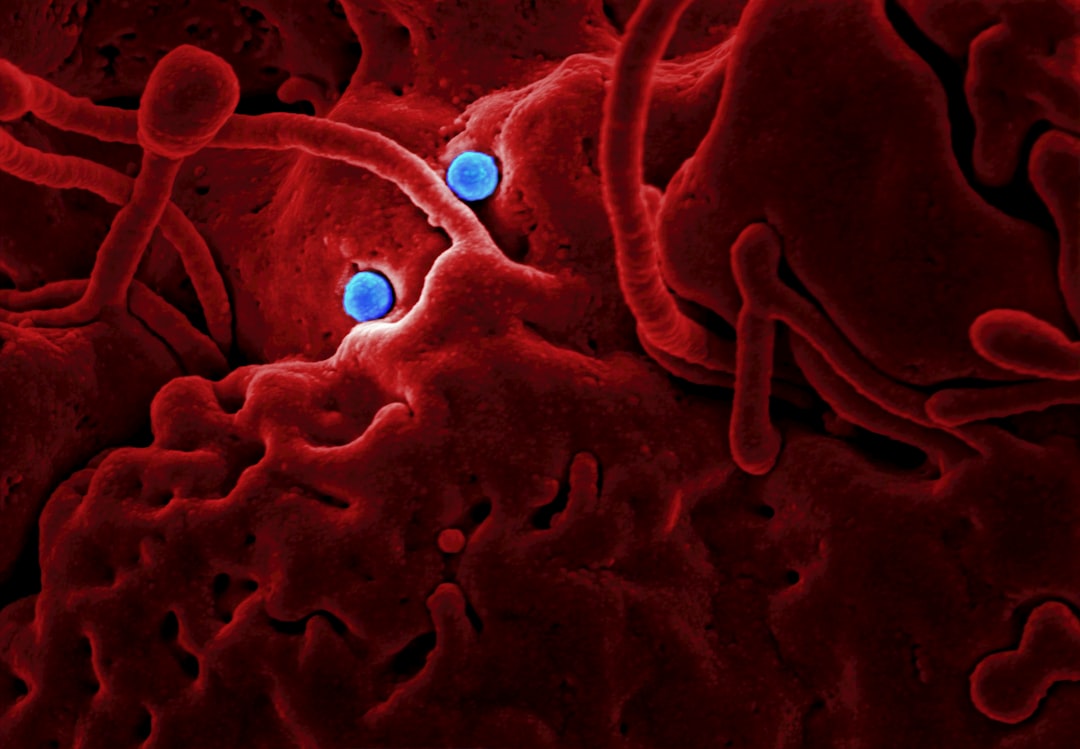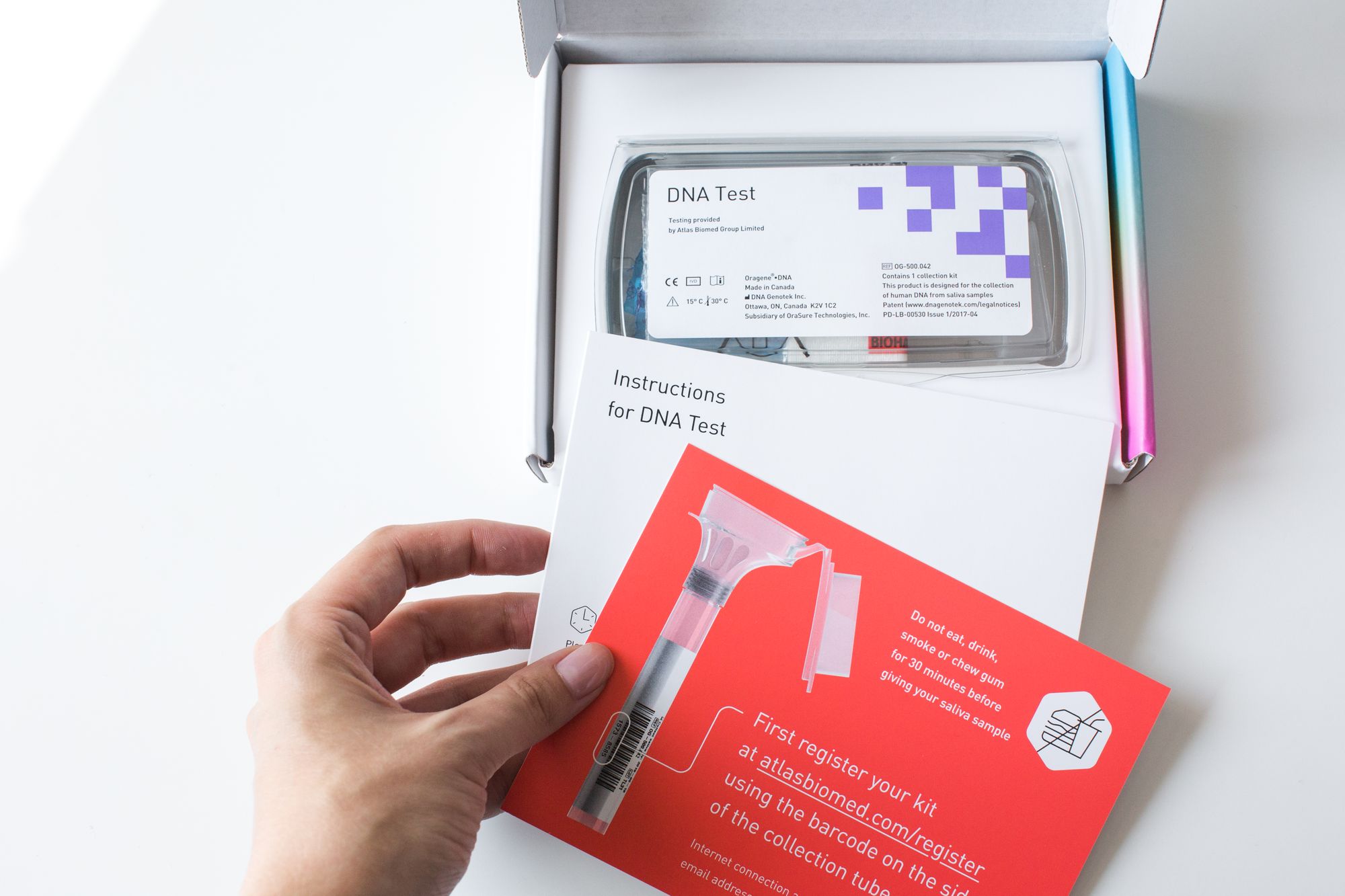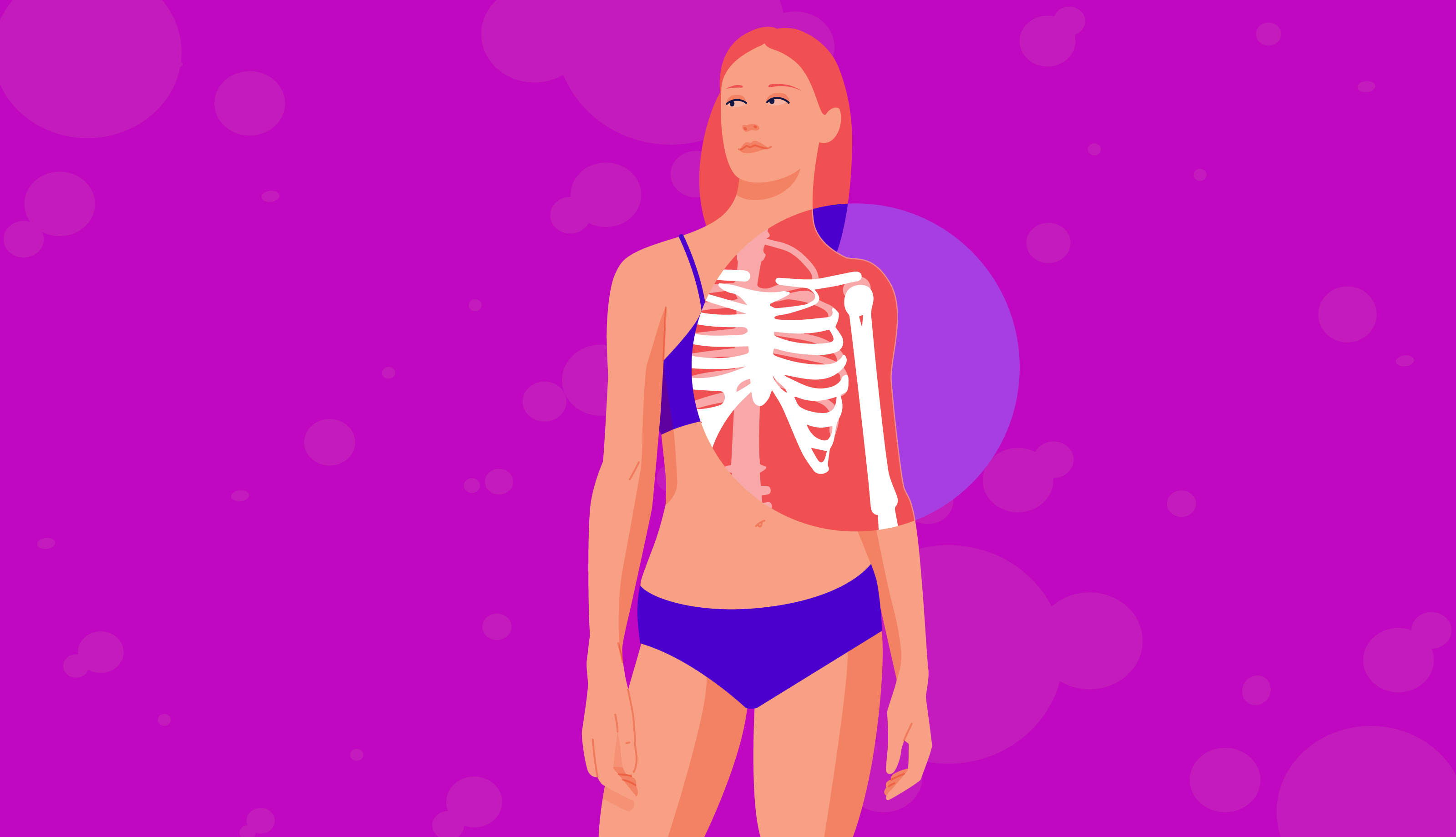Discover even more about your health with our brand new reports for Atlas DNA Test users.
Our scientists have been nerding out hard on their computational biology and bioinformatics to bring you fresh new health DNA test results. This release covers an avalanche of new traits that are available to new and current users in your personal account.
Table of contents
- Nicotine addiction
- Infection and inflammation
- Women’s health and hormones
- Men’s health and hormones
- Metabolic health
This release digs into female reproductive health and men’s health with an array of shared and sex-specific hormones that are essential for optimal health. You’ll also discover more about your genetic predisposition to c-reactive protein, nicotine addiction, and more. Read on to find out more about each new trait.
☝️Remember: Genetic predisposition makes you more susceptible to specific traits, but it doesn't mean they will necessarily develop.
Nicotine addiction
Addiction to nicotine: some people are more sensitive to the effects of nicotine, a chemical that binds to receptors in the brain. The genes that provide the blueprints for these receptors can influence a person’s genetic predisposition to nicotine addiction.
Infection and inflammation
C-reactive protein (CRP) is a protein that is active during inflammation. Doctors often prescribe a CRP blood test to check for inflammation in sick people. Studies show that people may be genetically predisposed to low, average, or high levels of this protein.

Malaria resistance: this parasitic infection is borne by mosquitoes and embeds itself in the body’s red blood cells. Genetic traits in specific populations influence the shape of specific blood cell proteins, which inhibits the parasite’s invasiveness.
☝️TIP☝️ Take the Atlas DNA Test and discover your genetic predisposition to gluten, alcohol, and lactose intolerance.
Women’s health and fertility
Estradiol is one of three estrogen hormones in the body. It is responsible for ensuring that an egg matures and is released during each menstrual cycle. Research shows that women are genetically predisposed to low, average, or high concentrations of estradiol.
Progesterone is another female hormone that prepares the body for pregnancy and helps the womb develop to support the fertilised embryo. A specific gene variant is known to influence a woman’s predisposition to low, average, or high levels of progesterone.
Follicle stimulating hormone (FSH) is an essential sex hormone that helps the egg to mature and be released during each menstrual cycle. Low or high levels of this hormone are linked to infertility. DNA influences a woman’s genetic predisposition to low, average, or high levels of FSH.
Sex hormone binding globulin (SHBG) binds sex hormones and transports them to the tissues where they are needed. Levels of SHBG determine a woman’s estradiol concentrations and can be influenced by genetic factors.
Luteinizing hormone (LH) helps the body’s reproductive system develop and makes sure it functions optimally. In women, it participates in ovulation and supports embryo development during pregnancy. A specific gene variant helps determine a woman’s predisposition to low, average, or high levels of LH.
Dehydroepiandrosterone-sulfate (DHEA-S) is a substance that is used to make male hormones (androgens) that the female body needs in small amounts. Fluctuations in DHEA-S levels are the most common cause of polycystic ovary syndrome. A specific gene variant is known to influence DHEA-S concentrations.
Early menopause happens when a woman’s fertility ends in her early forties (40–44), rather than after 45 years old. This natural process is marked by the end of menstruation and a strong decline in sex hormones. A number of genes play a role in a woman’s genetic predisposition to early menopause.
Men’s health and hormones
Sex binding hormone globulin (SHBG) binds sex hormones and makes them inactive so it can transport them to the tissues where they are needed. Levels of SHBG determine a man’s testosterone concentrations and can be influenced by genetic factors.
Luteinizing hormone (LH) helps the body’s reproductive system develop and makes sure it functions optimally. In men, it activates the production and continued secretion of testosterone, a male sex hormone. A specific gene variant helps determine a man’s predisposition to low, average, or high levels of LH.
Follicle stimulating hormone (FSH) is an important sex hormone that supports the development of sexual attributes and healthy sperm production in men. If FSH levels are too low or too high, it can cause infertility. Genes influence a man’s predisposition to low, average, or high levels of FSH.

Free prostate-specific antigens (free PSA). When checking for prostate cancer, doctors analyse total blood concentrations of PSA, which comes in two forms - bound and free. Free PSA levels are influenced by gene variants involved in PSA production and metabolism.
Dehydroepiandrosterone-sulfate (DHEA-S) is a substance that is used to make male hormones (androgens), and testosterone in particular. Too much or too little DHEA-S is associated with a number of health problems, including osteoporosis, memory loss, and low sex drive. A specific gene variant is known to influence DHEA-S concentrations.
Metabolism
Adiponectin is a hormone secreted by fat cells (adipocytes) that regulates energy metabolism, body composition, artery plaque, oxidation, and inflammation in the body. Low adiponectin levels are associated with metabolic health problems like obesity and type II diabetes. Genetics have an important impact on adiponectin concentrations in the body.
Fetal hemoglobin is a protein in red blood cells that is responsible for transporting oxygen in the bloodstream. In particular, fetal hemoglobin is able to capture and carry more oxygen than other types. Adults have about 1–7% fetal hemoglobin, and studies show that some people are genetically predisposed to slightly higher concentrations of fetal hemoglobin.
☝Discover hundreds of health and nutrition traits with the Atlas DNA Test today.

















